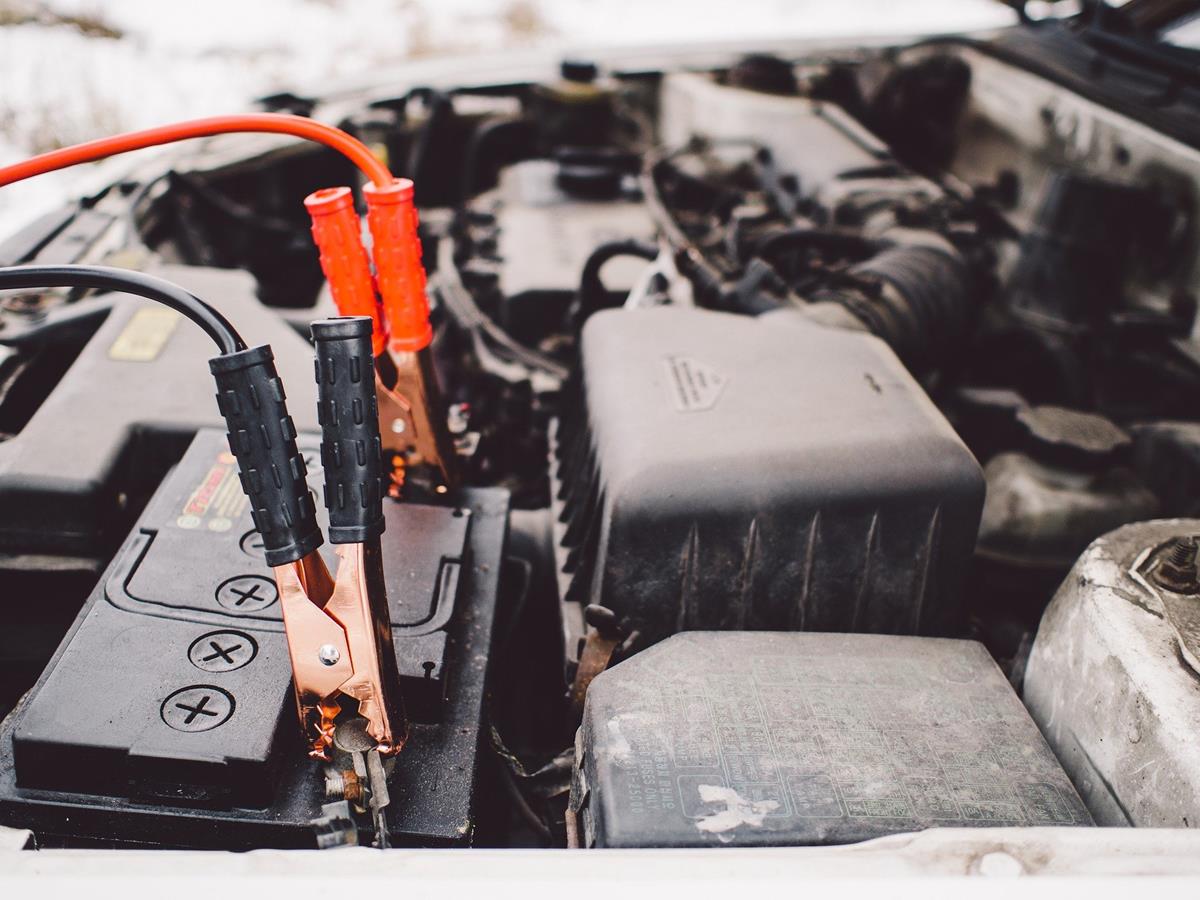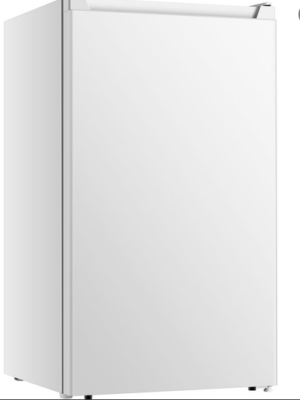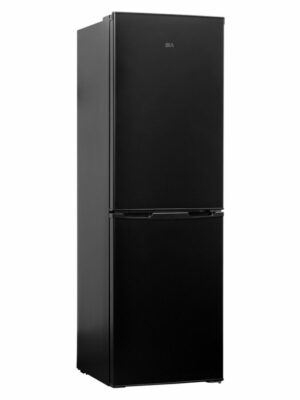When you’re out on the road for an extended period, be it a long road trip, camping adventure, or an off-grid journey, one of the essential pieces of equipment you might have is a 12V fridge. These portable refrigerators are designed to keep your food and beverages cold, ensuring you have access to fresh and chilled items even when you’re far away from traditional power sources. However, a common concern among users is, “How long will a 12V fridge run on a car battery?” In this comprehensive guide, we will delve into the factors that determine the runtime of your 12V fridge on a car battery and offer practical tips to maximize its efficiency.
Understanding the Basics
Before we dive into the specifics, it’s crucial to understand some basic concepts related to 12V fridges and car batteries.
12V Fridges
12V fridges, also known as portable or car fridges, are designed to run on 12-volt DC power, which makes them compatible with the electrical systems of most vehicles. They are incredibly versatile and commonly used by campers, campervans, truckers, and anyone who needs to keep items cold while on the go. These fridges typically come in various sizes, from small coolers to larger units, depending on your needs.
Car Batteries
Your car’s battery is a crucial component of its electrical system, providing the power necessary to start the engine and run various accessories, including the 12V socket that powers your fridge. Car batteries are designed to deliver a burst of power for ignition but are not intended for sustained, deep discharges like those associated with running appliances.
Now, let’s address the burning question:
How Long Will a 12V Fridge Run on a Car Battery?
The runtime of a 12V fridge on a car battery can vary significantly based on several factors. To determine an estimate, consider the following:
1. Battery Capacity
The capacity of your car battery, typically measured in ampere-hours (Ah) or watt-hours (Wh), plays a critical role in determining how long your fridge can run. A higher-capacity battery will provide more power and, consequently, longer runtime.
For example, if you have a 100Ah battery, theoretically, you could run a 12V fridge that draws 5 amps for about 20 hours (100Ah ÷ 5A = 20 hours). However, keep in mind that using a car battery for deep discharges can significantly shorten its lifespan, so it’s best to leave some reserve capacity.
2. Fridge Power Consumption
The power consumption of your 12V fridge is another vital factor. Most manufacturers provide this information in their product specifications. Look for the fridge’s average power consumption, typically expressed in watts (W) or amps (A).
Let’s say your fridge consumes 60 watts. If you have a 100Ah battery, you can estimate the runtime as follows:
Runtime (hours) = Battery Capacity (Ah) ÷ Fridge Power Consumption (A) Runtime (hours) = 100Ah ÷ (60W ÷ 12V) = 20 hours
This calculation assumes that the fridge operates continuously, which may not be the case in real-world scenarios. Fridges cycle on and off to maintain the desired temperature, which can extend the runtime.
3. Ambient Temperature
The ambient temperature also affects your fridge’s performance. In hotter conditions, the fridge’s compressor may need to run more frequently to maintain a lower internal temperature. This increased workload can shorten the runtime.
Conversely, in cooler environments, the fridge will run less frequently, potentially extending the battery life. However, keep in mind that extremely cold temperatures can also affect the efficiency of the fridge.
4. Battery State of Charge
The initial state of charge (SoC) of your car battery plays a role in determining how long your 12V fridge can run. If your battery is fully charged, it will provide more runtime than a partially discharged battery. It’s essential to monitor your battery’s SoC and recharge it when necessary to maximize fridge runtime.
5. Fridge Usage Patterns
Your usage pattern also affects runtime. If you frequently open and close the fridge, allowing warm air to enter, it will have to work harder to maintain the desired temperature, which can shorten runtime. Minimizing unnecessary openings can help extend the fridge’s operation on a single battery charge.
6. Battery Type and Age
The type of battery you have matters. Deep-cycle batteries are designed for repeated deep discharges and are more suitable for running appliances like 12V fridges. If you have a regular automotive battery, it may not handle deep discharges well.
Additionally, the age and condition of your battery can impact its capacity and overall performance. Older batteries may not provide the same runtime as newer ones.
Practical Tips to Maximise 12V Fridge Runtime
Now that you have a better understanding of the factors that affect 12V fridge runtime on a car battery, let’s explore some practical tips to maximize that runtime:
1. Invest in a Deep-Cycle Battery
Consider using a deep-cycle battery specifically designed for running appliances. These batteries are built to handle deep discharges without significant damage, extending their lifespan and providing more consistent power.
2. Monitor Battery Voltage
Keep an eye on your battery’s voltage using a voltmeter or a battery monitor. This will help you determine its state of charge and recharge it when necessary to avoid deep discharges.
3. Use a Dual Battery System
For extended trips or heavy use of your 12V fridge, consider installing a dual battery system. This setup separates the starting battery from the auxiliary (fridge) battery, ensuring that your fridge doesn’t drain the starting battery and leave you stranded.
4. Insulate Your Fridge
Improve the efficiency of your 12V fridge by insulating it. Use reflective or foam insulation to minimise heat transfer and reduce the fridge’s workload.
5. Pre-Cool Your Fridge
Before loading it with items, pre-cool your fridge at home or using a power source other than your car battery. This reduces the initial load on the battery.
6. Optimise Fridge Temperature
Set your fridge to the ideal temperature for your items. Lowering the temperature unnecessarily will make the fridge work harder and consume more power.
7. Minimize Openings
Limit the number of times you open the fridge to retain cold air and reduce the fridge’s workload. Organise your items efficiently to access what you need without unnecessary openings.
8. Use a Solar Panel
Consider adding a solar panel to your setup. Solar panels can recharge your battery during the day, offsetting the power used by the fridge and extending runtime.
Conclusion
The question of how long a 12V fridge will run on a car battery doesn’t have a one-size-fits-all answer. It depends on several factors, including battery capacity, fridge power consumption, ambient temperature, and your usage patterns. By understanding these factors and implementing the practical tips mentioned above, you can maximiae your 12V fridge’s runtime, ensuring that your food and beverages stay cold during your adventures on the road. Remember to prioritiae battery health and safety to enjoy reliable and efficient operation from your 12V fridge for years to come.





